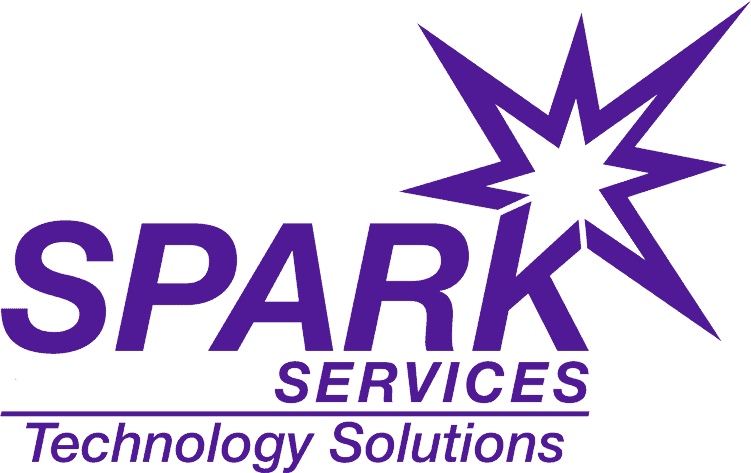In a world where everything is becoming digital, data backup is crucial for the survival of any business. Your business can get hacked or ransomed, and lose data to hackers who might just sell your trade secrets to the highest bidder.
That is why many businesses in today’s times protect their critical data with backup, making it one of the vital components of a company’s business continuity plan and disaster recovery plan.
What is data backup?
Data backup is a process of protecting business information from risk. It is a practice of copying information from a primary to a secondary location, to secure it in case of a disaster, accident, or malicious action.
Why is it important to back up data?
People buy things because they trust the service or product. If your business loses trust, it loses clients too. With secure backups, your business can continue even if something happens to your data. You can minimize or eliminate delays in product/service delivery, keeping that customer trust intact. The IT environment can affect the growth of your business. With cloud storage, you can minimize the IT-related space for your office needs. By storing your data remotely, your business can advance with fewer things to worry about.
With the right network backup solutions, businesses can observe:
- Improved company trust with clients
- Decreased lost time and money due to unexpected difficulties
- Greater employee mobility and flexibility
- Support for scalability and future planning opportunities
How do successful companies’ backup their data?
There are two major steps for successful data back up; one is identifying the vital data that needs to be backed up, and the other is implementing backups of the data on a daily schedule. There are multiple kinds of backup solutions and tools available on the market that handle different scopes and are used by successful businesses all over the globe. Here are the most popular ones.
Cloud Storage Services
Cloud providers offer backup as a service (BaaS) Solutions, where you can push local data to a private or public cloud and in case of a disaster, recover data back from the cloud. These solutions are easy to use and have the strong advantage that data is saved in a remote location. However, if using a public cloud, you must ensure compliance with regulations and standards, and consider that over time data storage costs in the cloud would be much higher than the cost of using similar storage on-premises.
External Hard Drives
For small businesses, purchasing and using an external hard drive for data backups is the most recommended method. External hard drives are more cost-effective compared to tape drive systems. They are also easy to use and most external hard drives come with backup software.
Backup Software
Software-based backup solutions are more complex to use and configure than hardware appliances, but they offer great flexibility. It allows you to define with systems and data you would like to back up, allocate backups to the storage device of your choice, and automatically handle the process.
Hybrid Data Backup Solutions
The latest innovation in the field of backup is all-in-one Hybrid backup solutions, which offers you the freedom to install the software or use it as a cloud service at will. These solutions mix the best of both worlds, making it the best choice for most businesses.
A company must not operate in the market without a comprehensive backup system. It is the only means to prevent data loss. Whether your major concern is a natural disaster, employee carelessness, or cybercrime, having a secure backup system can offer you the peace of mind you need. Save your company from the headache of starting all over.
Get started with a data backup plan that works for you. We at SPARK Services can help you determine what that looks like. Connect with our team today for a consultation!




